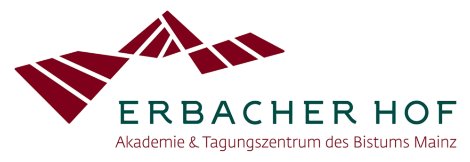
Leader & leadership: Medieval Jewish & Islamic Thought
Workshop with Jun.-Prof. Dr. Racheli Haliva
The figure of the ultimate leader plays an important role in both traditions: the Judeo-Islamic and the Christian. Determining the character traits of the leader is to a large extent determining the character of the religion itself. In the Middle Ages the two traditions deviate from one another due to the sources they were influenced by: while in the Judeo-Islamic tradition rests upon Plato’s thought, the Christian tradition is influenced by Aristotle’s Nicomachean Ethics and Politics.
The Judeo-Islamic thought was mainly shaped according to the thought of Abu Naṣr al-Fārābī (d. 950), the great Muslim philosopher. Al-Fārābī listed the prerequisites that the perfect legislator must possess. Among these prerequisites al Fārābī includes qualities that the leader must possess such as healthy body and ability to apprehend things as they are.
While for the Jewish and Muslim thinkers, the ultimate leader is the prophet – for the Jews it was Moses, and for the Muslims it was Muhammad or generally the Imam, the Christian thinkers tended to view political figures such as king Solomon and king David as the perfect ruler.
The current workshop will focus on the sources by which Medieval Jews, Christians, and Muslims were influenced. We will discover what the similarities and differences between the three Abrahamic religions are.
Jun.-Prof. Dr. Racheli Haliva is Co-Direktor of Maimonides Centre of Advanced Studies in Hamburg.
Redner
-
Jun.-Prof. Dr. Racheli Haliva




